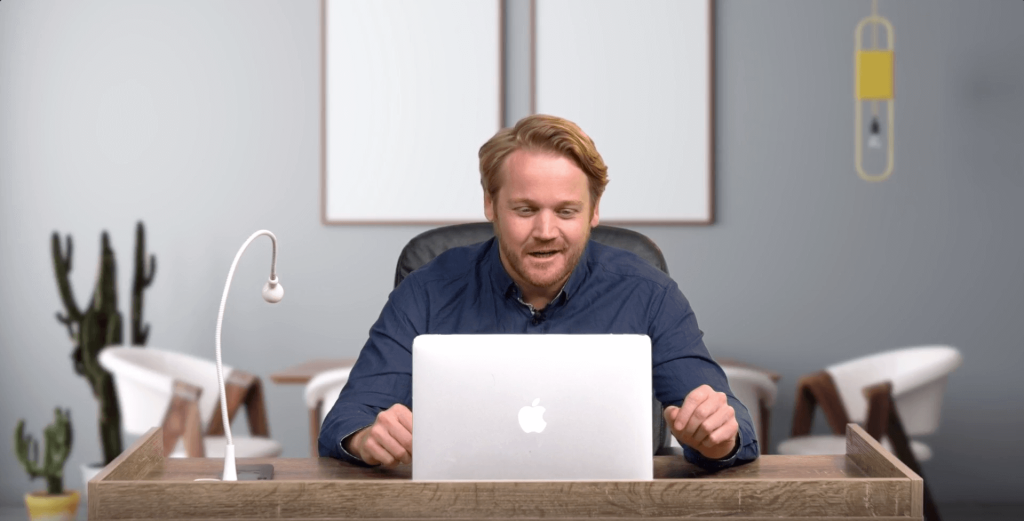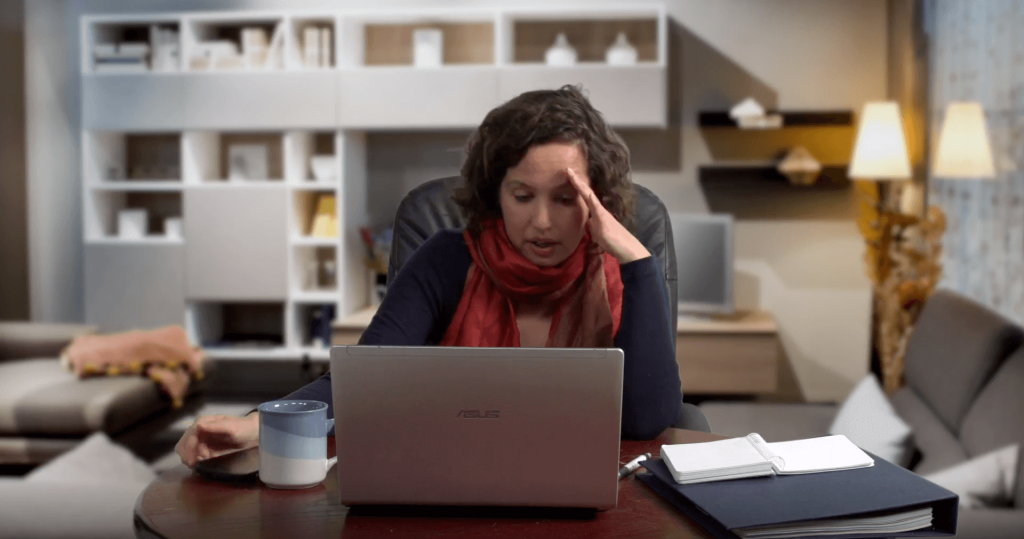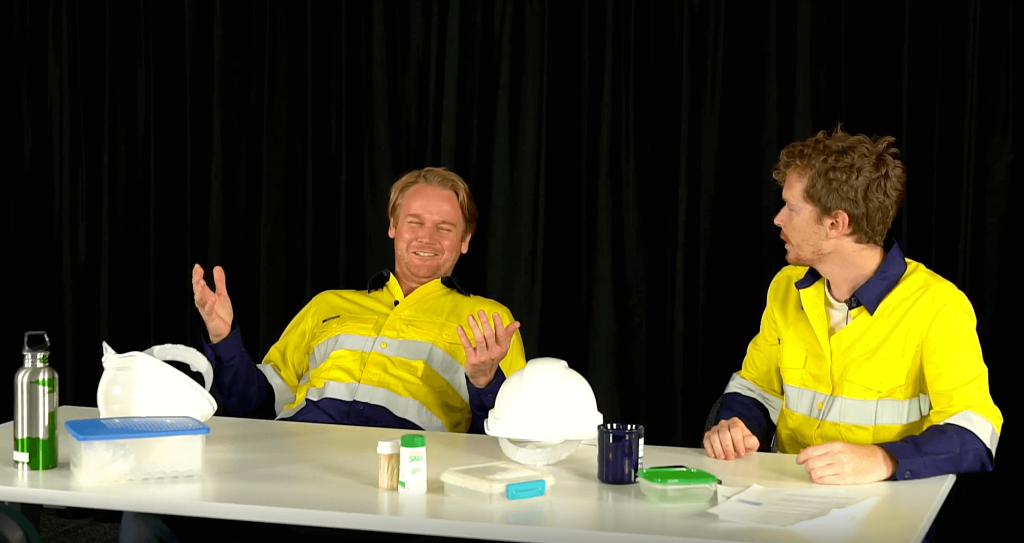Anxiety Facts and How to Deal With it
Experiencing anxiety is a normal part of life. It can occur when we face danger or problems in our life pop up. Sometimes it happens when overthinking takes over our thoughts. Someone with an anxiety disorders can experience intense and persistent worrying. Anxiety comes in intense and repetitive episodes, where fear and/or panic attacks overcome their bodies. One of the major causes of anxiety is stress. Stress can also cause physical illness, with symptoms such as overeating, headaches, interrupted sleeping patterns and the list goes on.
Signs and Symptoms of Anxiety
Anxiety is a mood disorder that is experienced by one in four people. Statistics show that there is a gender difference e.g. one in three women and one in five men are effected by Anxiety. Beyond Blue shares data that indicates over two million Australians are present experiencing anxiety or have experience anxiety in the last 12 months! Typically their age ranges from 16 to 85. Although anxiety is a common occurrence, helping people through it and giving them support will help them recover faster.
People with anxiety have the following signs and symptoms:
– A person with anxiety often feels restless, nervous, or tense
– They also could experience a sense of impending danger, panic or doom
– Hyperventilation or breathing rapidly
– Sweating and trembling
– Often, people with anxiety also have trouble concentrating
Stigma around anxiety exists! To get to understand what it may feel like experiencing a mood disorder we recommend that you check out some of the testimonials of people who have held lived experience of the illness.
Strategies to Reduce Anxiety
If you are experiencing anxiety or if you know someone who is experiencing anxiety, then the following things may help you:
- Remember to take deep breaths. This is the number one way to reduce anxiety. Inhale and exhale. It will help calm your nerves.
- Try counting 1-10 slowly and extend until 20 if necessary.
- Exercise or do yoga. These practices are great for lowering the body’s stress hormones.
- Eat a well-balanced meal. This will give you energy to conquer the day.
- Reduce or limit alcohol and caffeine. These beverages can heighten anxiety and can trigger panic attacks.
- Get enough sleep. Even though it is hard to get enough sleep with busy schedules, it is best to try setting up a routine to encourage good sleep patterns.
- Reach out to someone. Talking to friends or family can help you reduce your anxiety symptoms.
- Try and control your thoughts and challenge the concept that you may not be able to control everything.
- Learn your emotional triggers. Figure out what causes or triggers your anxiety? Is it school? Work? Writing these down will help you with this step.
- Try some self-care and treat your-self to some essential oils. Essential oils are known to have a calming effect. Candles with essential oils can also help you with calming nerves.
Dealing with anxiety can be one of the hardest things in life that you may be challenged with. Know that with proper help and support, it anxiety can reduce over time.
Here is a list of some low stress jobs that could help support people with long-term anxiety.
A Personal Story
“During my mid-year exams I remember would wake up every morning feeling very ill. I had headaches and nausea to the point of vomiting. I attended my mid-year exam but I couldn’t focus, so I got up and walked out only fifteen minutes into the exam. When I got home I pulled out all of my text books and cried. I tried to study but my body wouldn’t stop shaking. I didn’t want to tell my parents any of it because I was afraid they would think of me as a failure.
“I couldn’t control it anymore. I regret not speaking to anybody at school about my anxiety. I let it take over. Once I realised that it actually happens to heaps of kids I was able to talk to my teacher and they could help me. I feel kind of silly about working myself so hard.”
15, NSW
How We Help
Anxiety and stress are common issues experienced by young people. Through our Forum Theatre pieces, Mind Blank helps young people recognise their own stress symptoms, to be able to help themselves and friends in times of need. Our team works in a holistic way to explore the pressures of change, and to promote a better understanding of mental health issues.
For this topic we have two performance options. The first option addresses the anxiety that students may experience as they transition from Primary School to High School. The second identifies warning signs of mental health issues such as anxiety, and provides positive strategies to deal with the pressures of everyday life, including exam time.
My method on how to filter the noise of too many tasks and decide what to focus on, was selected by one of Australia’s leading psychologists and published as a chapter in “The Home Therapist”. If you are open to some clear and simple insights, rather than purchase the book, Sam is willing to send Mind Blank subscribers a copy of the chapter for free.
Text your name, email address and the words “Free Chapter” to 0414 301 671and we will send you a free copy of this chapter.
Warmest regards, Sam Tornatore B.Com

The Trusted Authority in Productivity and Getting Things Done
07 3150 9141 or admin@samtornatore.com
For further information about Sam and how he has helped others, please visit www.samtornatore.com ;or email his assistant Joanne at admin@samtornatore.com






